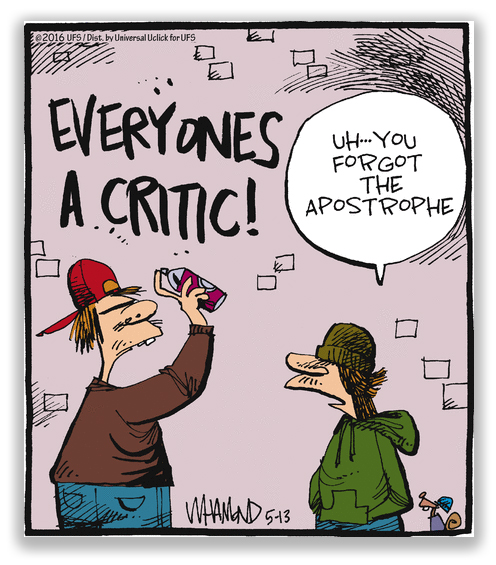We post news and comment on federal criminal justice issues, focused primarily on trial and post-conviction matters, legislative initiatives, and sentencing issues.

BIVENS, WE HARDLY KNEW YE
 Scott Callahan is serving a sentence for child pornography offenses. To pass the time, he took up painting. There is no doubt he built up a lot of self-confidence. Whether he developed skill to match is unclear. But what was clear is that he favored painting females in various states of undress or no dress at all. His work attracted followers, among them BOP officials who seized a number of his paintings, believing them to be more porn than art. Everyone’s a critic.
Scott Callahan is serving a sentence for child pornography offenses. To pass the time, he took up painting. There is no doubt he built up a lot of self-confidence. Whether he developed skill to match is unclear. But what was clear is that he favored painting females in various states of undress or no dress at all. His work attracted followers, among them BOP officials who seized a number of his paintings, believing them to be more porn than art. Everyone’s a critic.
Scott sued his warden and other officials at his institution for violation of his 1st Amendment rights under Bivens v Six Unknown Federal Narcotics Agents. Bivens and two related cases were decided by the Supreme Court between 1971 and 1980, all of which recognized that people have an implied cause of action to sue federal officers for violations of their constitutional rights. Congress adopted a statute giving people the power to sue state and local officials for violation of constitutional rights, 42 USC § 1983. But Congress has adopted no similar statute giving people the power to sue federal officials for such violations. The Supreme Court reasoned that sometimes individual constitutional rights violations could be redressed only by damages, and the Court concluded in Bivens that it had the power to create such actions.
But that was then, and this is now. Since Bivens and its companion decisions were adopted, the Supreme Court has suffered “buyer’s remorse”, and has nearly gutted Bivens, as the 6th Circuit explained to Scott last week when it threw out his suit. “What started out as a presumption in favor of implied rights of action,” the Circuit explained, “has become a firm presumption against them. The Supreme Court has… repeatedly declined invitations, many just like Callahan’s, to create such actions… When asked’ who should decide’ whether a cause of action exists for violations of the Constitution,” the 6th held, the Supreme Court has repeatedly said “the answer most often will be Congress.”
 The problem for Scott, the Circuit observed, “is not just that there has been a long drought since the Court last recognized a new Bivens action or even that the Court has cut back on the three constitutional claims once covered. What’s harder still is that the Court has never recognized a Bivens action for any First Amendment right, and it rejected a First Amendment retaliation claim decades ago for federal employees. There’s something to be said for leaving it at that and pointing out that the best idea for people in Callahan’s situation is to urge Congress to create a cause of action for constitutional claims against federal officials like the one used against state officials.”
The problem for Scott, the Circuit observed, “is not just that there has been a long drought since the Court last recognized a new Bivens action or even that the Court has cut back on the three constitutional claims once covered. What’s harder still is that the Court has never recognized a Bivens action for any First Amendment right, and it rejected a First Amendment retaliation claim decades ago for federal employees. There’s something to be said for leaving it at that and pointing out that the best idea for people in Callahan’s situation is to urge Congress to create a cause of action for constitutional claims against federal officials like the one used against state officials.”
It is fairly safe to say that, except in the narrowest of circumstances – such as when federal agents kick down your door by mistake – Bivens is dead.
Callahan v. BOP, 2020 U.S. App. LEXIS 22115 (6th Cir. July 16, 2020)
– Thomas L. Root

